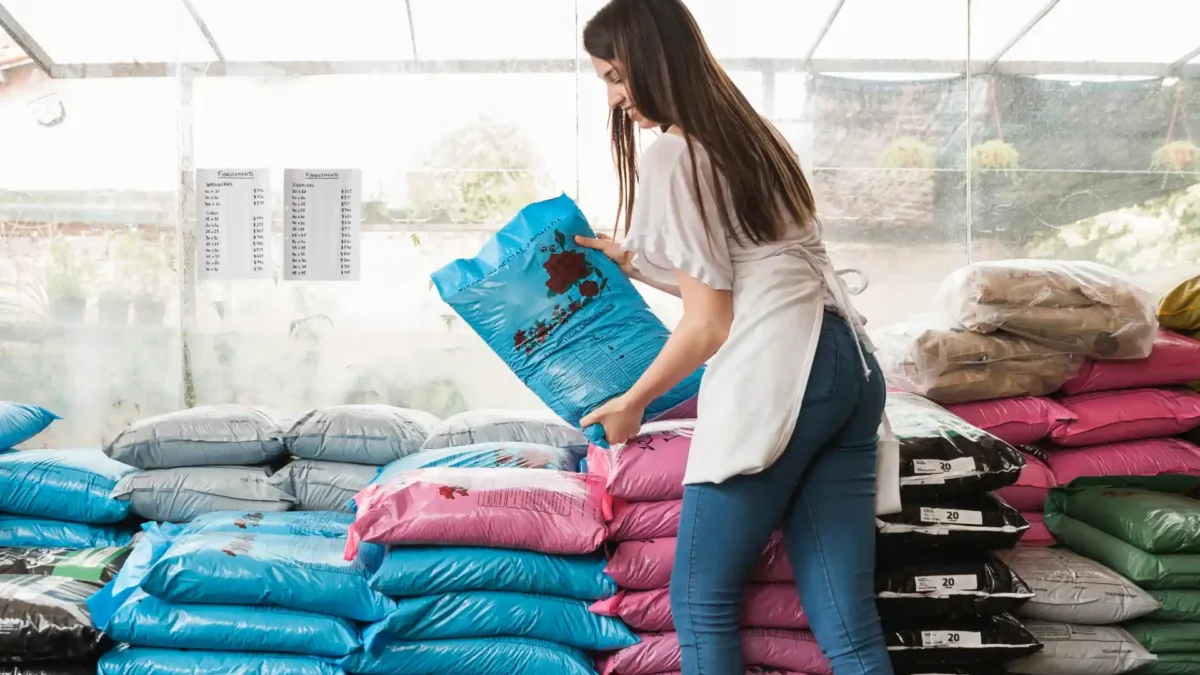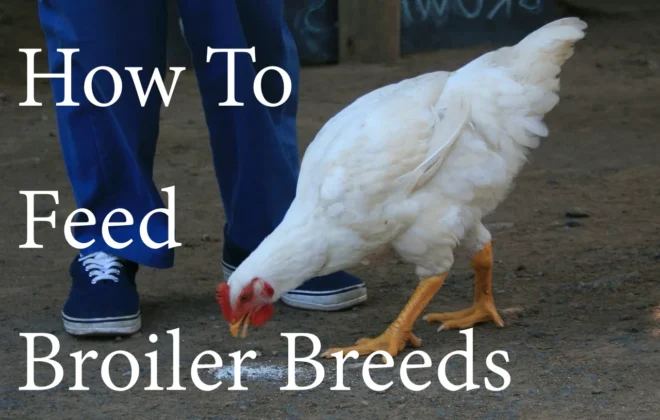
How to Store Chicken Feed?
Keep Your Flock Healthy with Fresh, Nutritious Feed
Raising healthy chickens starts with one of the simplest yet most important tasks: storing chicken feed the right way. No matter how good the quality of the feed is when you buy it, the way you handle and store it at home can make the difference between a thriving flock and one struggling with poor nutrition or even illness.
From the moment chicken feed is milled, its nutrients begin to break down due to natural oxidation. This means every day the feed sits around, it loses some of its freshness and effectiveness. On top of that, improper storage can lead to mold, pests, or contamination. So, let’s break down the best ways to store your chicken feed to keep it safe, nutritious, and cost-effective.
Why Proper Feed Storage Matters
1. Nutrient Retention – Vitamins, minerals, and proteins in poultry feed start to degrade over time. If your hens aren’t getting the nutrition they need, you’ll see it reflected in fewer eggs, dull feathers, or sluggish behavior.
2. Preventing Mold & Spoilage – Damp or poorly stored feed becomes a breeding ground for mold, which is toxic to chickens. Ingesting moldy feed can cause serious illness and even death.
3. Pest Protection – Rodents, insects, and even wild birds love chicken feed. Once they get into your storage, they not only waste feed but can contaminate it with droppings or parasites.
4. Cost Efficiency – Every pound of spoiled or wasted feed is money out of your pocket. Proper storage ensures every grain you buy benefits your flock.
Best Practices for Storing Chicken Feed
1. Buy Smaller Quantities
Although it might be tempting to buy feed in bulk, remember this: feed is at its best within four weeks of milling. Considering the time it spends in transport and at the farm store, it’s safest to buy only what you can use within two to three weeks. This ensures your chickens are always getting maximum nutrition.
2. Keep Feed Off the Ground
Never place feed bags directly on the ground. Concrete floors, especially in barns or sheds, can retain moisture and transfer it into the feed. Use wooden pallets, scrap lumber, or shelves to keep feed dry and away from dampness.
3. Transfer to Airtight Containers
Once you open a feed bag, move the contents into a clean, airtight plastic container. This helps in three ways:
- Keeps feed fresh for longer.
- Prevents rodents and pests from accessing it.
- Protects against accidental spills or moisture.
Why plastic?
Unlike metal containers, plastic doesn’t sweat in warm weather, which means you avoid the risk of Mold growth inside the bin.
4. Choose a Cool, Dry, and Shaded Spot
The ideal storage area is somewhere cool, dry, and out of direct sunlight. Heat accelerates nutrient breakdown, while moisture leads to mold. A shaded corner of your coop or feed room works perfectly.
5. Practice “First In, First Out”
Always use up older feed before adding new feed. Here’s a quick trick:
- Pour leftover feed into the container lid.
- Add fresh feed into the container.
- Put the older feed back on top.
This simple rotation ensures nothing goes stale or forgotten at the bottom.
Four Common Feed Storage Mistakes to Avoid
- Buying in bulk without a plan – Unless you have a large flock that can consume big quantities quickly, bulk buying often leads to waste.
- Leaving feed bags open – An open bag is an open invitation for pests and spoilage.
- Storing feed in the coop – Chickens can (and will) tear open bags if they find them. Keep storage separate from where your flock roams.
- Ignoring expiration dates – Always check the milling or expiration date on the bag before purchase.
The Payoff: Healthier Chickens, Better Eggs
When your chickens consistently eat fresh, nutritious feed, you’ll notice:
- More consistent egg laying
- Better shell quality
- Shiny feathers and active birds
- Lower feed wastage
Simply put, proper storage pays back in the form of healthier, happier hens.
Ready to Take the Next Step?
If you’re just starting out or want to fine-tune your feeding setup, don’t hesitate to reach out for personalized guidance. At ChickCoop®, we’ve helped countless poultry keepers maximize their flocks’ health with the right feeding and storage practices.
Call us today to discuss the best feed storage solutions for your flock. Whether you’re raising a small backyard group or managing a larger farm, we’ll help you save money, reduce waste, and keep your birds thriving.
At ChickCoop®, we’re more than just a Chicken Company, writing interesting blogs about them– we’re your trusted partner in building a modernized, sustainable and profitable farm. From breed selection to buy-back support, feed guidance, and modern farm management tips, we ensure farmers like you achieve the best results and profits.
Call us today to discuss your farming needs
📧 Email us at: write@chickcoop.in
📞 Call us: +91-9939209699


